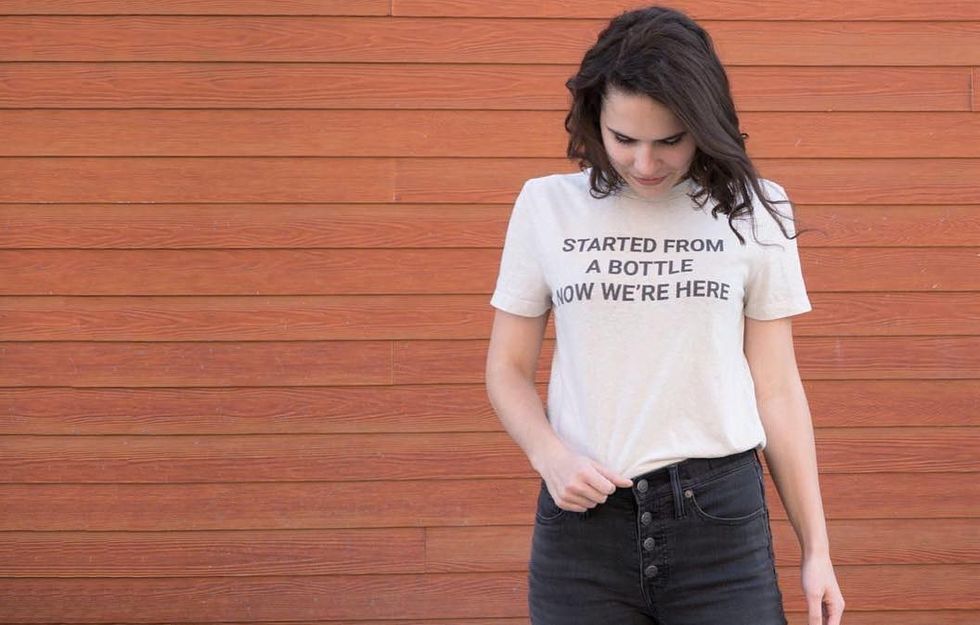If Haiti can turn trash into $ then that's good. The foundation of Thread International is based on this note that CEO Ian Rosenberger wrote in his journal. Rosenberger was inspired by his trip to Haiti following the devastation of the 2010 earthquake to create this innovative company. From this simple idea, Thread, headquartered in Pittsburgh, emerged as a sustainable resource for fabric products, and a company dedicated to creating opportunities for individuals in Haiti and beyond.
Rosenberger started Thread because he believes fabric can end poverty. The plastic material used to make the fabric is collected from underprivileged areas in Haiti and Honduras. Individuals in the first section of the company's transparent supply chain collect bottles from the streets, their neighbors, and even the landfill to trade for cash at a local plastic collection center. This provides a means of income for struggling families.
Thread collaborates with the popular retail companies Timberland and Marmot to create more wealth in disparaged areas, and to recycle additional plastic. Every boot and jacket in the Timberland X Thread collection and each shirt in the Marmot Thread X line creates impact for entrepreneurs in the Haiti and Honduras.
Over $3,700 in revenue has been generated for bottle collectors and collection centers in these countries due to the collaboration with Timberland and Marmot. These business collaborations have also led to 44 million gallons of water saved compared to 100% cotton canvas materials. Thread plans to increase these metrics through the introduction of a backpack made from the recycled plastic in the summer of 2018.
Thread is not the only retail company that aims to create and use sustainable materials. The concept of eco-fashion is a growing movement across the clothing market and is no longer limited to niche designers. Eco-fashion is any brand or line that attempts to minimize the impact on the environment, and often the working conditions for the people that are making the clothes, and in Thread's case, collecting the materials. Brands such as Stella McCartney, H&M, and Alternative Apparel are proving that style and sustainability can happily co-exist.
There are also convenient shopping platforms that encourage the recycling of used clothing. Consignment platforms such as Poshmark, ThredUp, and Depop allow individuals to buy and sell a variety of used clothing from top designers. These resources prevent millions of articles of clothing from ending up in landfills.
Consumers must educate themselves in the retail brands that they support. By shopping sustainably, we have the opportunity to positively impact both the environment and struggling communities everywhere.
















